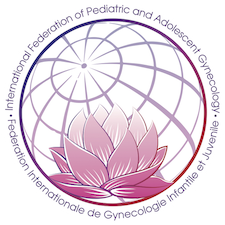Position of the Latin American Association of Obstetrics and Gynecology of Children and Adolescents Corresponding to Sexual Health and Reproductive Health Services are Essential during the Covid Pandemic-19
The COVID-19 pandemic continues to spread around the world, making health systems work on the limit, forcing governments and health institutions to make difficult and urgent decisions with care and, at the same time, curbing transmission of the virus. In this sense, it is essential that responses to this health emergency recognize that sexual health and reproductive health services are essential, as well as the rights of adolescents to make free, informed and autonomous decisions about their bodies.
The COVID-19 pandemic poses particular threats to vulnerable adolescents as they face greater difficulties in preventing transmission because they do not have sufficient access to quality information, resources, and social and health services. The rights of these people, especially health, should be priorities for governments and other actors responsible for formulating responses to this public health crisis.
For this reason, from the Latin American Association of Obstetrics and Gynecology of Inafancia and Adolescence, we urge that in the health services of the countries:
The Minimum Package of Initial Reproductive Health Services must be met: this is an international standard of care that must be implemented at the beginning of each emergency, including public health crises. This priority set of life-saving essential services includes obstetric, prenatal and postnatal care; contraceptive information and services, including emergency contraception; post-abortion and rape.
ENSURE TIMELY ACCESS TO CONTRACEPTION, INCLUDING EMERGENCY CONTRACEPTION
Disrupting supply chains and reallocating health resources during the COVID-19 crisis can have serious consequences for access to contraception. Contraception is not only essential to allow people to make decisions about their sexual and reproductive autonomy, but it can prevent the health system from demanding services to address unintentional pregnancies.
States should ensure access to contraceptive information and services as an essential measure so that people can avoid unintentional pregnancies that could have a high impact on their lives and health. As well as be alert and respond to situations of violence and abuse that worsen and deepen in these situations.
ALOGIA BOARD 2019 – 2021
